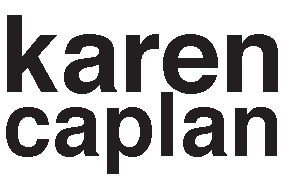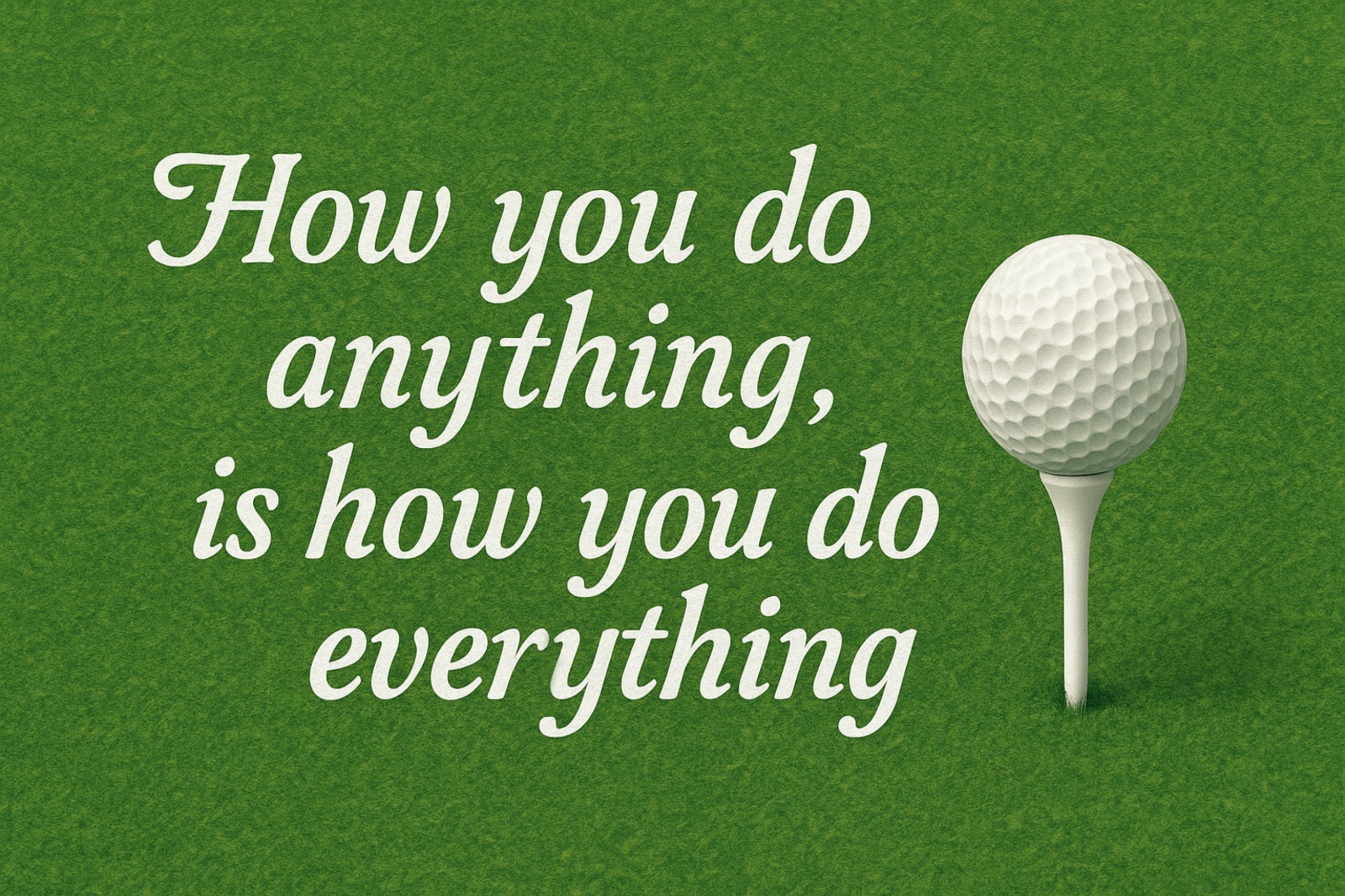Are you a list person? Do you get satisfaction from crossing things off (or checking them off) your list, once you complete them? Do you sometimes add things to your list, just so you you can check off another item? I admit, I sometimes do this.
At work, our list can get really long. It can give you a sense of accomplishment to prioritize the quick and easy items. It’s like low hanging fruit.
Actually, that is the worst thing you can do. Most of us have important, significant roles and the things that we should be spending time on are a big deal. But it’s easy to justify doing the smaller, insignificant items yourself, as “it’s just easier than trying to delegate it”.
So, try this. Make a list of everything you have to do. Everything. Some of my clients have a white board in their office and they write E-V-E-R-Y-T-H-I-N-G and every little project up on the board. It can be overwhelming, yet by putting everything in front of you, it can be helpful.
So, after you have written everything down that’s on your things to do list, then pull out another piece of paper. On the top of that paper, write the letters HPA. HPA stands for High Payoff Activities.
HPAs are those things that are the reasons your position exists and that no one else can or should do. Be honest – if you are the CEO/President, are there things on your list that really are the job of the VP of Sales?
Or, if you are the VP of Sales, are there things on your list that should be done by a salesperson, a sales assistant (like paperwork or billing) or an executive assistant (booking travel)?
To be honest, most of us spend time during our day doing work that is actually better suited to someone else, usually one of our direct reports. But it seems easier to just do it ourselves.
But think about this: if you only worked on your HPAs, or what some call the big rocks, your company or organization would accomplish so much more, so much faster.
That means you have three options for what to do with those items which are NOT your HPAs:
*You can delegate to someone else inside your company
*You can outsource to someone outside your company
*You can just stop doing it (this is a personal favorite)
Let’s use a salesperson as an example. The HPAs for a salesperson are two-fold: Get new customers and grow the ones you have. That’s it. So, a really productive salesperson would find a way to delegate everything that needs to be done that is not their HPA. Paperwork, billing, filing, logistics, entering information into a CRM – you get the picture. That means 100% of a salesperson’s time would be spent talking to clients, customers and prospects. And making sales. They would not be bogged down with much paperwork. How much more productive would that be? I’m guessing you could easily double your sales if that’s all you spent your time on.
So, next time you are making your things to do list, how about making two versions. The first version has everything on it. After you’ve made that list, go back through and prioritize the items and create a second list. I like to use “A”, “B” and “C”. “A” is Urgent and Important, and I need to do it myself today. “B” is secondary in terms of priority and does not have to be done today (not urgent).
And “C” – well, I might ask someone else to do it for me, or maybe I just never get to it.
When you prioritize your HPAs or “A” items, you will feel more productive and your business will grow faster. It’s not a bad thing to delegate or to utilize a part-time assistant to do those things which are not your HPAs. Try it – you will be amazed by how much more you accomplish.
Onward and Upward,

If you’re enjoying what you’re reading, please consider recommending it to others. They can sign up here





